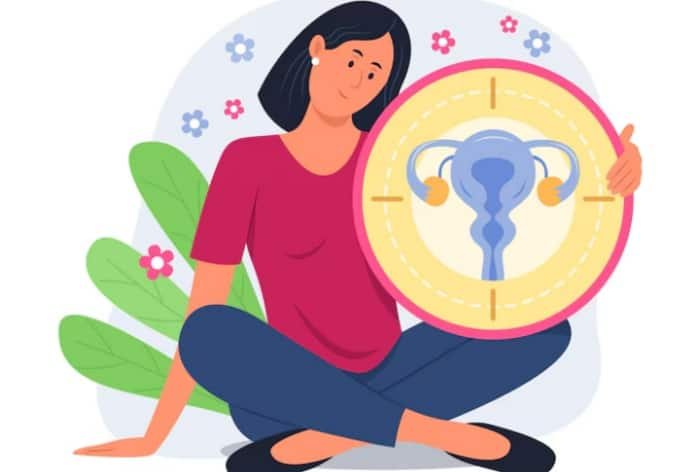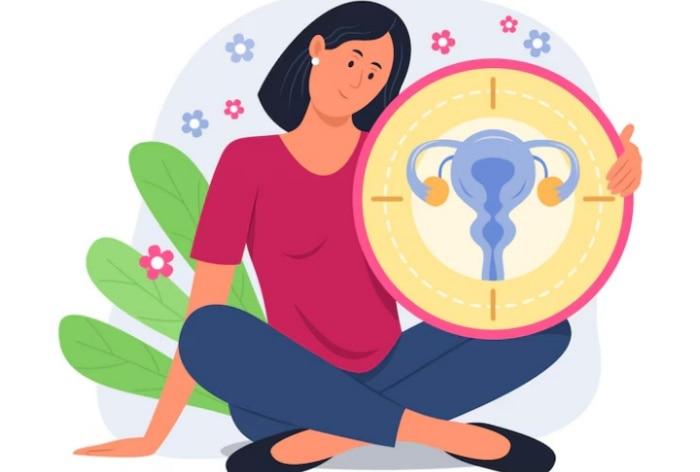Women living with PCOS can be at risk of developing anxiety or other mental health issues along with other entailing problems.

PCOS or polycystic ovarian syndrome, is a common endocrine condition that affects around 5% of women. In PCOS, the ovaries produce excess of androgens (or male hormones like testosterone) and frequently cause infertility, irregular menstruation, hirsuteness (excessive hair growth), acne, and obesity. Speaking with India.com, Dr.Archana Dhawan Bajaj, Gynecologist, Obstetrician and IVF Expert, Nurture IVF Clinic, New Delhi, explained the relation between PCOS and mental health and the hormonal disorder impacts anxiety and depression in women.
How does PCOS affect mental health?
Research has shown that women with PCOD frequently experience anxiety and despair, yet these conditions are frequently overlooked. Compared to 7% of women in the general population, 34% of women with PCOD/cS experience depression. Approximately 45% of them experience anxiety, compared to just 18% of those in the overall population. PCOD symptoms, such as being overweight, having acne, and not being able to conceive, lower motivation and heighten feelings of inadequacy and poor self-worth. Reduced mental well being can make it challenging to take care of oneself, lead a healthy lifestyle, and make the best decisions for your health. Further, women with PCOS are more likely to experience depressive disorders as compared to those without the condition.
How to Manage PCOS Everyday?
Individuals with PCOS who experience mood swings or feel nervous or sad should discuss potential treatment options with their doctor. Anxiety and sadness can be helped by a variety of therapies.
Research has been done on how food and exercise affect PCOS patients’ experiences of anxiety and sadness. Exercise and low-calorie diets don’t seem to help with anxiety symptoms, and they might only temporarily alleviate depression.
Overall, living an active lifestyle may contribute to better mental health. Anxiety and depressive symptoms were less common in PCOS patients who reported frequent exercise, and depression was less common in those who reported engaging in at least 150 minutes of moderate exercise each week.
PCOS patients may have fewer depressive symptoms when using medications like metformin, which facilitate the body’s usage of insulin. Metformin may also be beneficial for symptoms of anxiety.
For PCOS sufferers, taking omega-3 fatty acid from fish oil either alone or in conjunction with vitamin D may help reduce the symptoms of anxiety and despair.
Acupuncture treatment for PCOS patients may help relieve their anxiety and despair, as may mindfulness training for 30 minutes a day. People with PCOS who practice yoga and include breathing techniques, guided relaxation, meditation, and yoga positions may also see a reduction in their anxiety symptoms.

